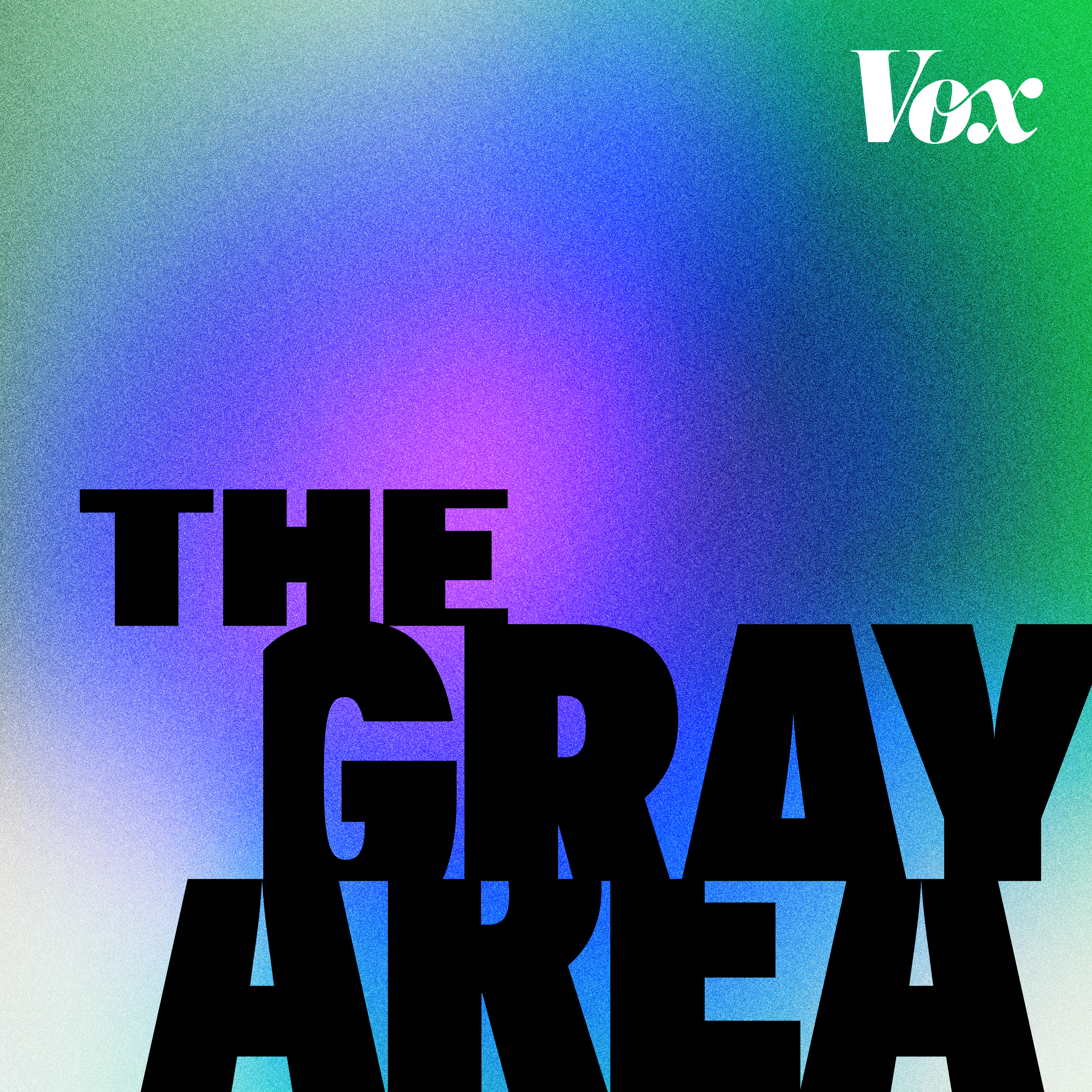Best of: Tracy K. Smith changed how I read poetry
It’s the rare podcast conversation where, as it’s happening, I’m making notes to go back and listen again so I can fully absorb what I heard. But this conversation with Tracy K. Smith was that kind of episode.
Smith is the chair of the Lewis Center for the Arts at Princeton University, a Pulitzer-Prize winning poet, and a two-time poet laureate of the United States (2017-19). But I’ll be honest: She was an intimidating interview for me. I often find myself frustrated by poetry, yearning for it to simply tell me what it wants to say and feeling aggravated that I can’t seem to crack its code.
Preparing for this conversation and (even more so) talking to Smith was a revelation. Poetry, she argues, is about expressing “the feelings that defy language.” The struggle is part of the point: You’re going where language stumbles, where literalism fails. Developing a comfort and ease in those spaces isn’t something we’re taught to do, but it’s something we need to do. And so, on one level, this conversation is simply about poetry: what it is, what it does, how to read it.
But on another level, this conversation is also about the ideas and tensions that Smith uses poetry to capture: what it means to be a descendent of slaves, a human in love, a nation divided. Laced throughout our conversation are readings of poems from her most recent book, Wade in the Water, and discussions of some of the hardest questions in the American, and even human, canon. Hearing Smith read her erasure poem, “Declaration,” is, without a doubt, one of the most powerful moments I’ve had on the podcast.
There is more to this conversation than I can capture here, but simply put: This isn’t one to miss. And that’s particularly true if, like me, you’re intimidated by poetry.
References:
Smith’s lecture before the Library of Congress
Smith’s commencement speech at Wellesley College
Book recommendations:
Notes from the Field by Anna Deavere Smith
Quilting by Lucille Clifton
Bodega by Su Hwang
Credits:
Producer/Audio engineer - Jeff Geld
Researcher - Roge Karma
Please consider making a contribution to Vox to support this show: bit.ly/givepodcasts Your support will help us keep having ambitious conversations about big ideas.
New to the show? Want to check out Ezra’s favorite episodes? Check out the Ezra Klein Show beginner’s guide (http://bit.ly/EKSbeginhere)
Want to contact the show? Reach out at ezrakleinshow@vox.com
Learn more about your ad choices. Visit podcastchoices.com/adchoices

